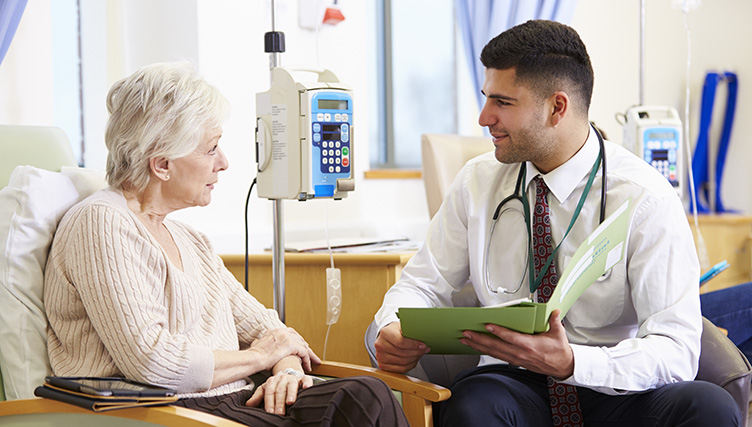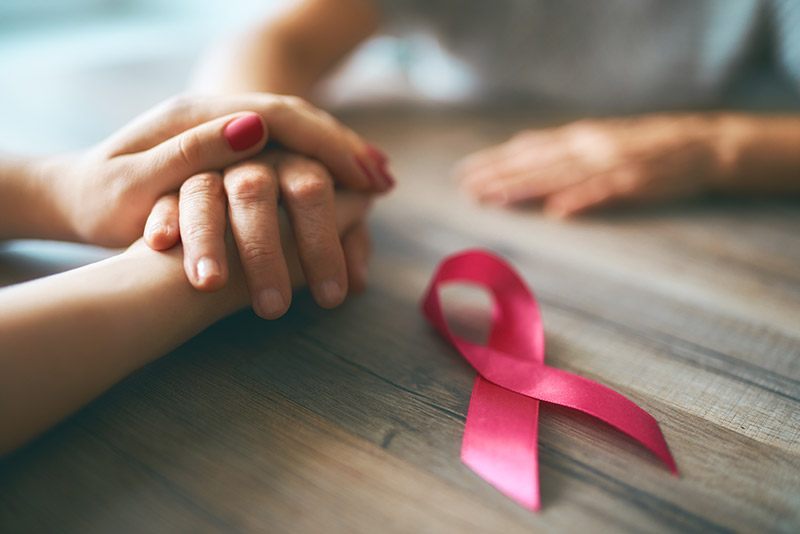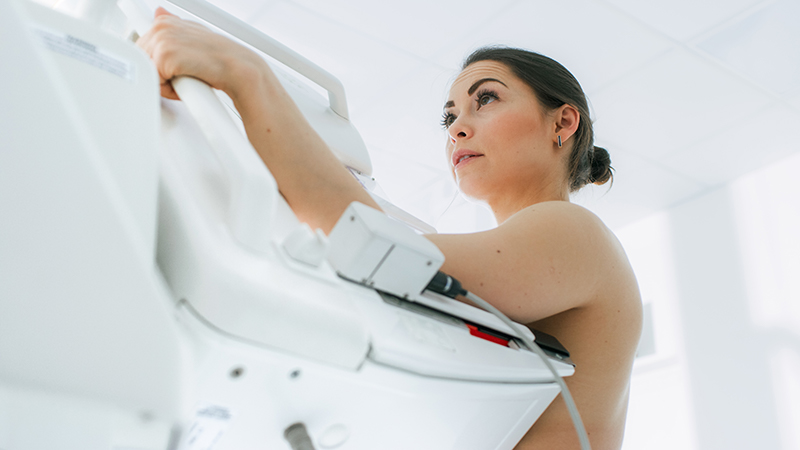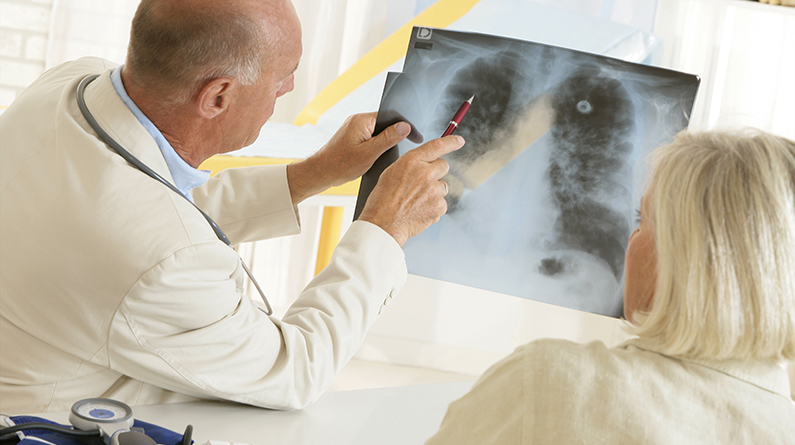Blog

Things to Consider About a Cancer Clinical Trial
Learning you have cancer is shocking news. After you accept your cancer diagnosis, your main focus is probably, “How can I beat this?” Your oncologist will begin treating you using established, proven treatment protocols based on the specific type of cancer that was diagnosed. In some cases the most commonly effective treatments aren’t working as hoped, and sometimes the cancer returns in other parts of the body. In these cases your oncologist may recommend enrolling in a cancer clinical trial. Should you do this? Find out more about cancer research being done at Arizona Oncology...

Don’t Fall for These Common Skin Cancer Myths
In the battle against skin cancer, information is one of the key weapons in your arsenal. With an overwhelming variety of cancer-related articles on the Internet, it's often hard to tell what's real and what isn't. Let's debunk the most common skin cancer myths and discuss trusted information sources to help you with further research. Myth 1: Dark-skinned population doesn't suffer from skin cancer. Truth: People suffer from skin cancer regardless of their skin color. According to a study published by the American Cancer Society in 2019, the 5-year relative survival rate for...

5 Reasons You May Face Skin Cancer Risks While Working From Home
More people than ever are working from home. Some of the perks that come with this working from home include flexible hours, spending more time with family, and leaving your commute behind. Unfortunately, you could also be exposing yourself to additional skin cancer risks that you don't normally face. Watch for these risks and use practical tips to prevent extra sun exposure while working from home. 1. You're More Relaxed Relaxing definitely doesn't put you at a higher risk of cancer. However, as you make changes to your daily routine, you may relax certain daily habits that go along with...

What Is Metastatic Breast Cancer?
Metastatic breast cancer, which may also be referred to as Stage IV breast cancer, indicates that cancer has spread from the breast tissue and the nearby lymph nodes to other organs in the body, most commonly the bones, lungs, liver or brain. Any type of breast cancer (estrogen-positive, HER2-positive, etc.) can metastasize (spread) to other areas of the body. When a tumor is found outside of the breast, it's made up of breast cancer cells. For example, if you have a tumor in the lungs that is metastasized breast cancer, it contains breast cancer cells, not lung cancer cells. These...

The Long-Term Side Effects of Cancer Treatment
Cancer treatments such as chemotherapy and radiation are designed to kill fast-growing cancer cells. These powerful drugs travel throughout the body and may affect healthy, normal fast-growing cells as well. The type of long-term side effects cancer survivors face and the severity differs between individuals. Some may experience minimal long-term effects, while others may experience moderate to severe long-term effects. There are many different types of cancer and many different types of treatment. This combined with the fact that everyone's body responds...

What You Can Expect During Your First Mammogram
If you are preparing for or anticipating having to schedule your first mammogram, you may be wondering what to expect. A mammogram is a non-invasive diagnostic scan essential for early detection of breast cancer. It can be an inexpensive and highly effective method for reducing breast cancer risks. Having regular mammograms can be critical for those with a higher risk level or history of family breast cancer of any age. Today, we'll provide a guide to preparing for your first mammogram and outline what you can expect during your first screening. When Should You Have Your First...

9 Surprising Signs of Lung Cancer That Don’t Involve the Lungs
Most people assume that symptoms of lung cancer are related strictly to the lungs and complications related to breathing. Sometimes this is accurate. Lung cancer often has symptoms like coughing up blood and mucus, shortness of breath, persistent cough, and chest pain. However, some symptoms seem to have nothing to do with the lungs. While there are many breathing-related symptoms of lung cancer, other surprising symptoms exist. Here are 9 surprising symptoms of lung cancer that don't involve the lungs. 9 Symptoms That Could Mean Lung Cancer Clubbing of the nails Hoarse...

Skin Cancer Risks in Winter
Arizona means living with sunshine year round, even when it’s not super hot outside. That can be dangerous for your skin. Some people believe that the cooler weather in winter decreases their risk of developing skin cancer. The truth is, regardless of the temperature outside, the sun can still cause skin damage. All sun exposure can lead to a higher risk of skin cancer–even in those winter months that aren’t super hot. Skin Cancer Risks in Winter Protecting your skin from skin cancer is a year-round job. Why? Because harmful ultraviolet (UV) rays are always being...

Lung Cancer Risks, Signs, Symptoms & Screening
Lung cancer is the leading cause of cancer deaths in the United States amoung men and women. There are some lifestyle choices you can make to try and reduce your risk of getting lung cancer. Being aware of the symptoms to look for is helpful in catching the disease early and having a better treatment outcome. For people who have a family history of cancer, screening becomes even more important, since that population is at a higher risk of developing the disease. The information below is meant to be used as a guideline. Individuals experiencing any of these symptoms should...

7 Things You Didn’t Know About Prostate Cancer
Prostate cancer is the most common cancer among men, about 1 in 9 men will be diagnosed in their lifetime. Below are seven things that you may not know about prostate cancer that can help you detect it earlier and understand this type of cancer better if you have received a diagnosis. The majority of men survive a prostate cancer diagnosis. Prostate cancer can affect men of all ages. Symptoms may be difficult to recognize. It can be hereditary. Treatment isn’t always the first option. Prostate cancer is more common in some races. Lifestyle may affect your likelihood of getting prostate...


